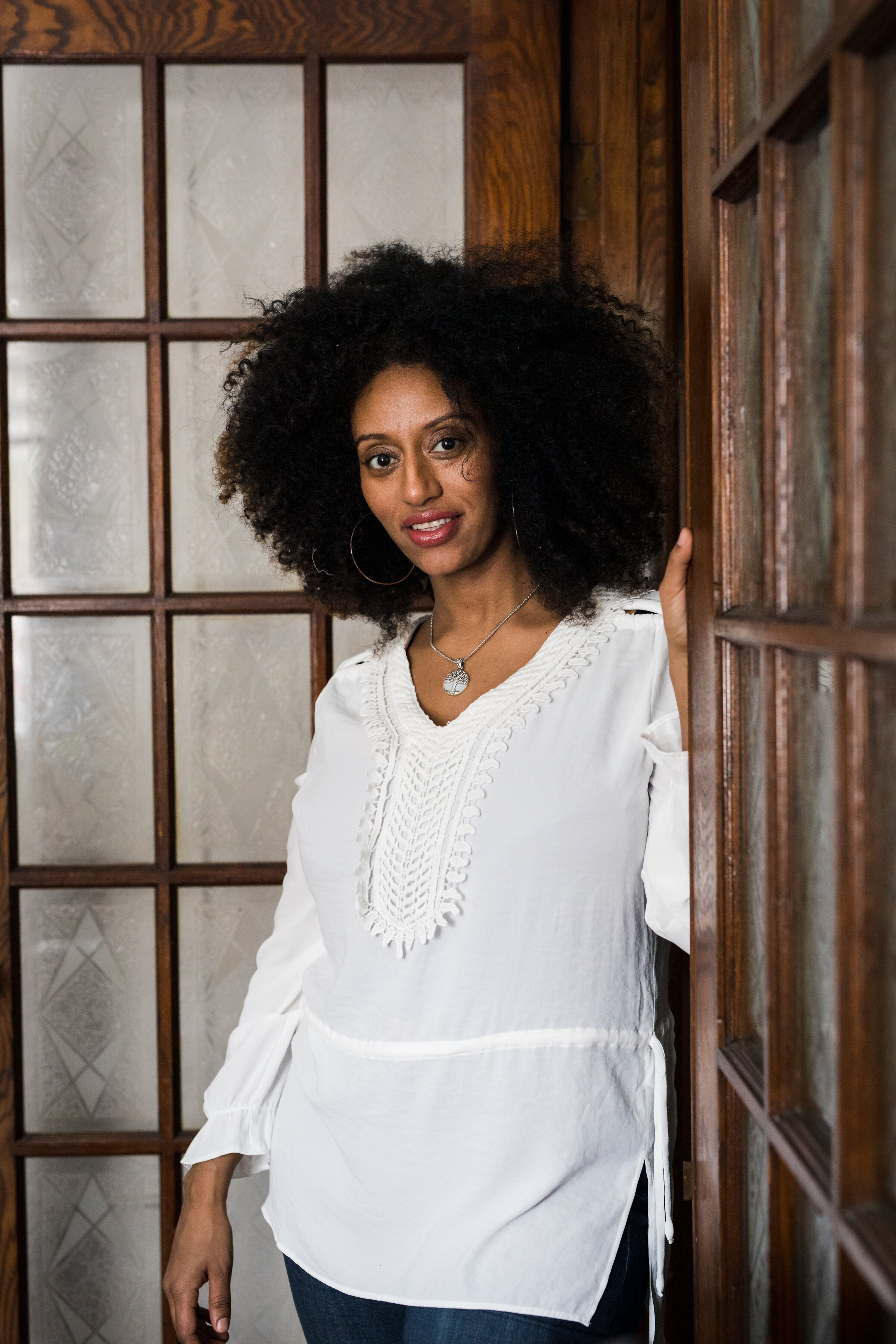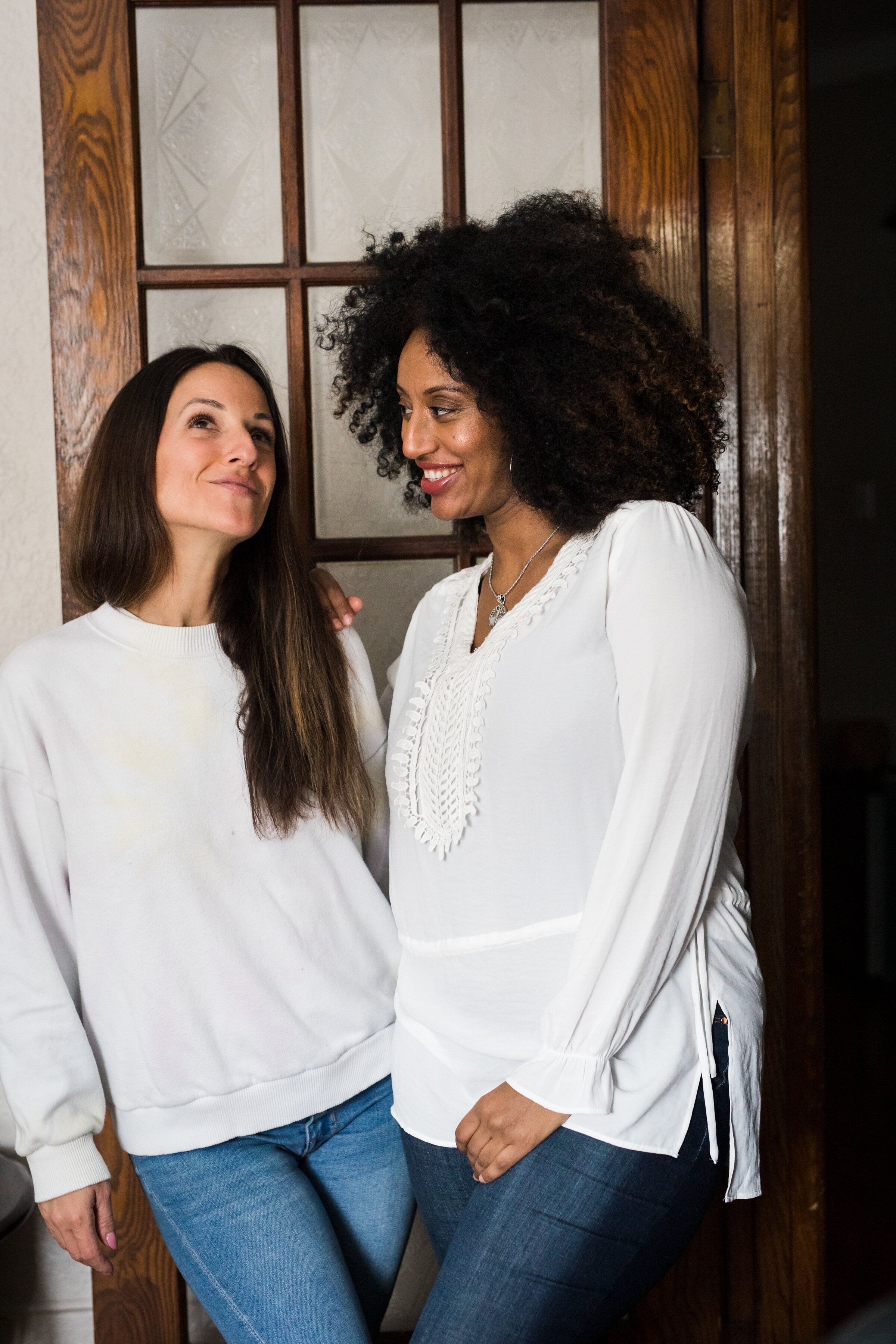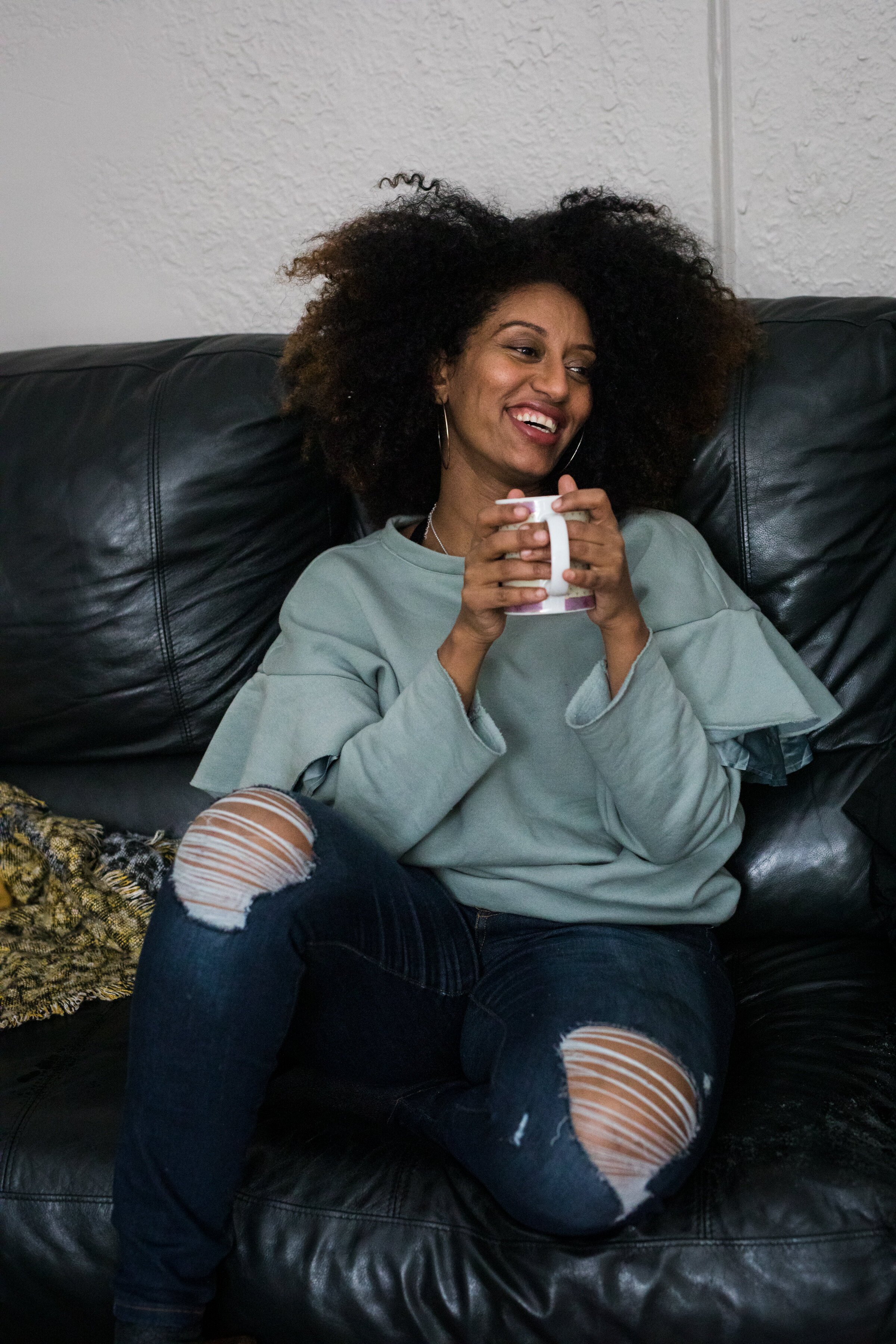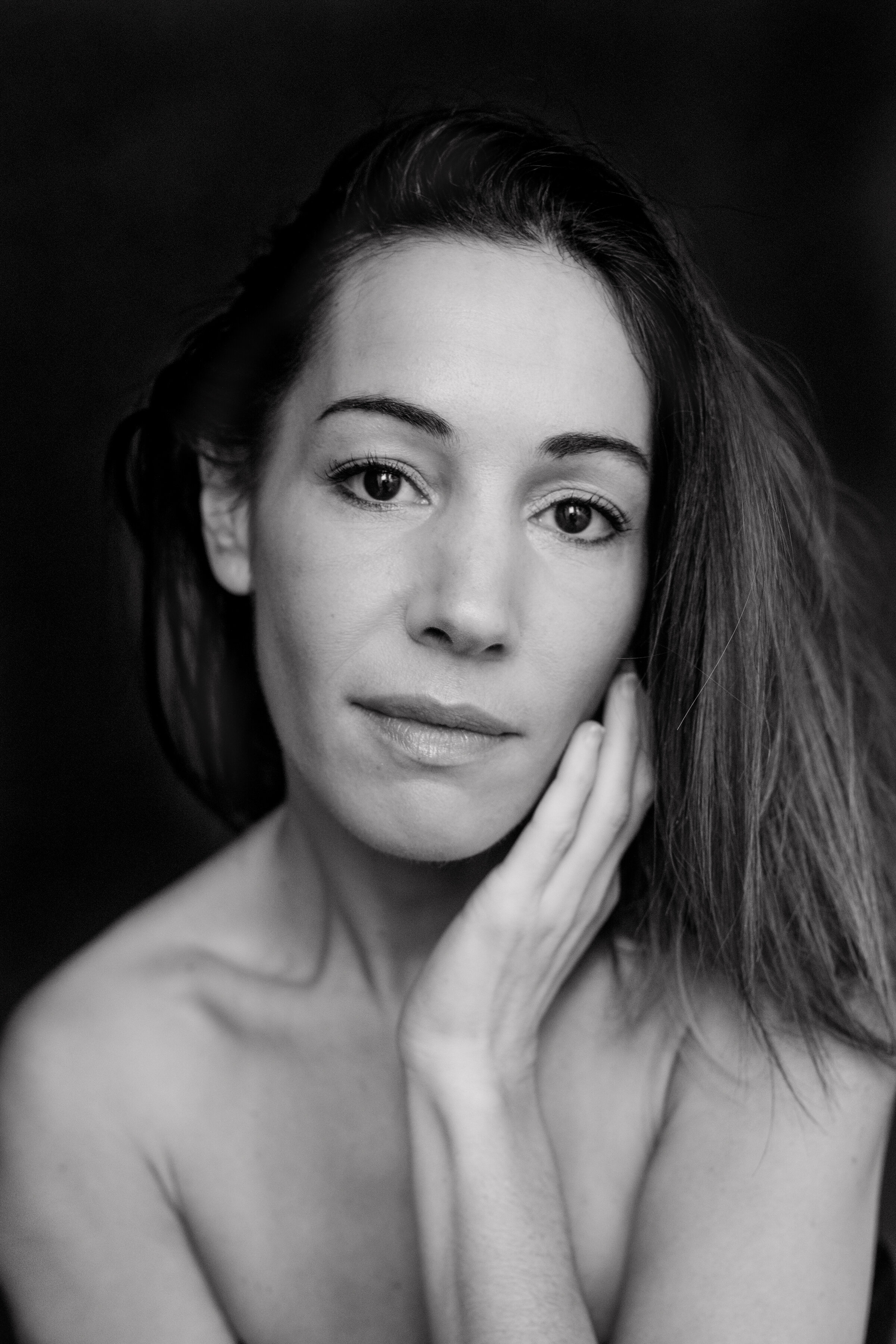The Soulful Road to Healing
By Alecs Kakon
Photos by Jen Fellegi
*Trigger Warning*
After many years of researching sexual violence, I’ve come to learn that I am not alone in the survival instincts I intuitively deployed in the moment of abuse. I detached in the moment so as to withstand the fear, the pain and the shock of what was occurring. My body has been objectified, sexualized, politicized; this trauma resulted in my severing the tie between mind and body. There was no other way to make it to the other side of the assault. Submit, because you don’t know what else to do. The disembodiment doesn’t end when the abuse stops. Unfortunately, and all too commonly, the disconnection continues to inform the way you live in and understand your body, at least that is how it happened for me. In my long and winding road toward healing, I’ve recovered parts of myself that my abusers had erased—traces of my identity that had been bottled up—I’ve also learned to unlearn the way I interact with myself, the way I understand my body and how it functions and have started to get reacquainted with the sundry parts of me that had gotten lost along the way. Feeling disconnected from your body can take shape in many ways. For some, it can manifest through trauma, while for others, it can be the result of feeling alien in yourself. Sitting down with Eleni, we talked about intra-racial discrimination and hybrid identities, the recurrence of abuse that became thematic throughout her story and her lifelong, soulful journey to coming back to herself.
Born in Ethiopia, Eleni was amongst the countless families that escaped during the Derg Regime. At three years old, Eleni was put on an airplane with her mother and sister to find safety in an undisclosed location. Her uncle had organized their departure as he was one of the leaders who operated the covert evacuation of Ethiopian Jews, freeing them from danger by sending them to countries where they could seek refuge. Split from her other sisters and father, Eleni, along with one of her sisters and mother made their way to Montreal by way of Italy. “I remember my mother being very scared at the time,” Eleni recalls. “I was also very sick. I have this memory of me throwing up constantly in our hotel room in Italy. Then, when we arrived in Montreal, my uncle greeted us at the airport and I just remember being so curious about the snow and everything else that was just so unknown to me.” Not having known that she was Jewish prior to landing in Montreal, as practicing Judaism was quite dangerous in Addis Abeba at the time, Eleni’s family became more openly and comfortably Jewish in their way of life as they settled into the safety of their new hometown. Entering the Jewish education system, Eleni was one amongst few Ethiopians at school. “When I got to school I felt different, but I thought that was normal. I was the new kid and so I just figured that was why it felt the way it did,” Eleni explains. “But it wasn’t long before I had my first experience of discrimination. I was playing with a Fisher-Price toy and a girl looked at me and said, ‘I’m going to kill you with my egg beater.’ I didn’t understand why, but then she went on to say that she was going to kill me because I was Black.” Not fully understanding the concept of colour at the time, the idea that someone would kill her because of who she was felt viscerally unjust. “I cried hysterically. There were two girls there who defended me and so incidentally, in the same instance that I experienced violence, I also experienced compassion.” Quickly becoming cognizant that she wasn’t different simply because she was the “new kid,” Eleni learned early on that she was both Jewish and Black, and the symbiosis of that interrelationship had yet to become apparent. “I learned to navigate the school system by standing up for myself. I’m a very outspoken person, and so things shifted quickly for me socially. There was always a faint murmur at the back of my mind that sometimes I would achieve certain things at school because people were afraid of being called out for being racist, and not for merit alone. But, I’ll never really know.” That was a thought that remained throughout her school years, because regardless of how well she integrated socially, she still felt remnants of difference.
Eleni’s Jewish identity was always a part of her due to the respect and devotion she had for her family, as well as her cultural history. However, when Eleni was young, the disconnection she had to her Black identity was starting to become a big void in the way she knew herself. “I don’t think I realized how dominant the White community was in my immediate surroundings. When I was 13 years old, I was walking along the street and I saw a Black man on my side of the street and a White man across the street. I felt scared of the Black man and so I crossed the street.” It was then that Eleni realized something had to change in her life. She was completely surrounded by a dominant White culture, and she felt she wasn’t nourishing the other half of herself. “After that incident, I knew I had to shift things around. I was so confused as to why I was more comfortable being around White people. I knew my parents wouldn’t let me switch schools, so I started volunteering and tutoring at the Black Community Centre. I was also very close to the girl who lived across the street from me since the time I moved into the neighbourhood. She was more immersed in the Black community in Montreal and brought me in. She gave me access to my soul.” Not knowing which group she belonged to, it took a long time for Eleni to find balance in her dual identity. Reconciling the two parts of herself, she found wholeness as she danced her way into her self-esteem, her self-love, herself; her indivisible identity.
Amidst the growing pains of racial violence and self-discovery, Eleni was living out the trauma of yet another violation. “It started when I was around 11 years old,” Eleni explains. “My friend’s father used to molest me. It was confusing, because this was a man I loved. He was like a father figure, so why would he harm me?” Wrangling with life experiences too big for a child to make sense of, Eleni didn’t understand that this man could be someone she loved, yet hurt her even if not in an explicitly violent way. “It was an outer-body experience. I was at the age when I was just discovering my sexuality. Why when he was touching me, would my body respond even though I didn’t want it to? It added to the shame, confusion and self-blame, but it didn’t turn me into an angry kid. In some ways, I feel like I was in a privileged position, because I was able to fight through the pain of it, both mentally and emotionally.” That is how she felt throughout her adolescence, however it was when Eleni became a godmother to her friend’s little boy that it all came flowing back to the front of her mind. “I realized how much pain and trauma my body and mind had been through. I started remembering being touched as a baby, almost being kidnapped in a car by a half-naked man, and then there were other incidents of rape later in my adult life—it all started to come back to me because I saw this small child and I thought, how could anyone ever harm such an innocent thing? People have no respect for the human body. Absolutely no respect for the human spirit.” In the past, Eleni had internalized the pain so as to reduce the impact, but she was at a breaking point and knew she had to deal with it all and begin to heal. “I remember my sister was working at the hospital and she told me that my friend’s father was dying. I wrote him a letter and I don’t know if he ever read it, but it felt liberating,” Eleni explains. “Writing that letter helped me in my healing.”
Creating an invisible force-field around the physical body is one way to achieve detachment; one way to disconnect the body from the mind so as to dull the pain. But facing oneself, bravely finding a way to reconnect, is the beginning of dissolving that pain. Finding a way back to herself, Eleni explored all aspects of her identity from being a woman to being Ethiopian to being Jewish. Fostering a strong sense of belonging by surrounding herself with good friends and family, Eleni has been able to inch her way back into the safety of her body as well as her mind. “I am at peace with myself and with my life experiences. I know how far I’ve come and I am proud of who I am. I am happy.”










